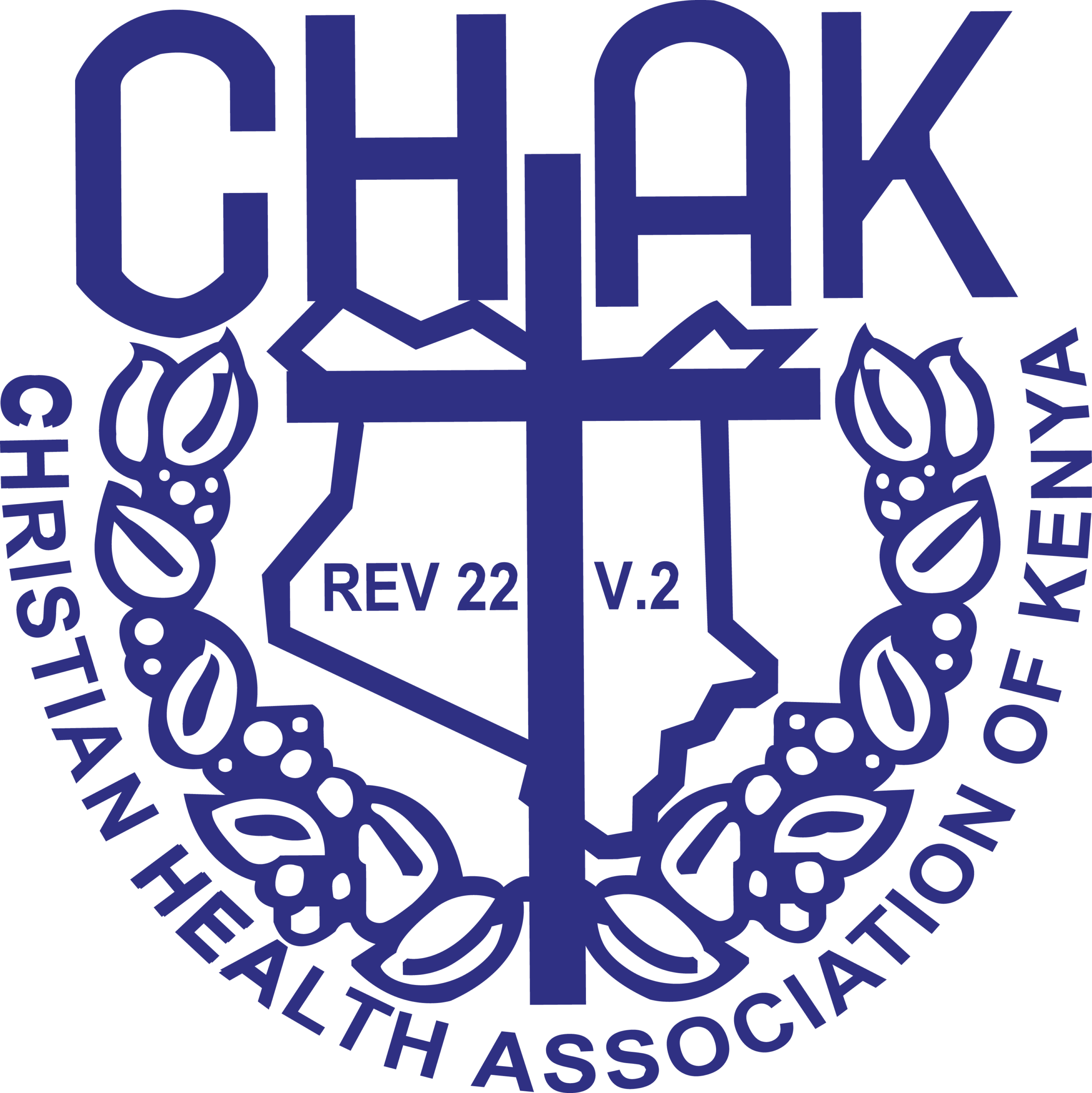The primary objective of the USAID Jamii Tekelezi Program (UJTP) is to support county governments in achieving national HIV/AIDS response goals and epidemic control, in alignment with the UNAIDS 95:95:95 targets. The program focuses on HIV prevention, care, and treatment, protecting the welfare of children and adolescents affected by HIV/AIDS, ensuring equitable access to quality primary healthcare for key and vulnerable populations, and strengthening county and community health systems. Key activities include providing mentorship in 200 health facilities and enhancing the capacity of counties to deliver sustainable, comprehensive HIV and health services.
Projects & Programs
HIV/AIDS PROJECTS
CHAP STAWISHA
Duration: September 30, 2022 – September 29, 2026
Coverage: 15 counties in Kenya including Laikipia, Meru, Tharaka-Nithi, Embu, Kirinyaga, Nyeri, Murang’a, Kiambu, Nyandarua, Nakuru, Narok, Kajiado, Kitui, Machakos, and Makueni.
Purpose:
To enhance sustainable, high-quality HIV prevention, care, and treatment services in faith-based health facilities, aiming to achieve the 95-95-95 targets and HIV epidemic control, and transition to a sustainable service delivery model for Faith Based Health Facilities in the implementation counties.
Expected Outcomes
- Reduced HIV incidence in the target counties
- Elimination of mother-to-child HIV transmission
- Reduced HIV/TB morbidity and mortality
- Strengthened FBO and county government investment and accountability in HIV/TB programs
Target Populations: General population, pregnant/breastfeeding women, KPs (FSW, MSM, PWID, TG), AGYW, OVC, men, and healthcare providers.
OVC Local Implementing Partners
- Machakos: African Brotherhood Church
- Kajiado: Apostles of Jesus Aid Ministry
USAID JAMII TEKELEZI
01
02
03
04
Duration: 2021–2026
Funding: PEPFAR through USAID (part of Kenya Health Partnerships for Quality Services – KHPQS)
Implementers: CHAK (lead), in partnership with MEDS
Target Counties: Embu, Meru, Nyandarua, Tharaka Nithi

UJTP and implementing counties meeting to develop a CMaT implementation and monitoring framework.
CMaT: Transforming County Health Leadership in Epidemic Response:
A Christian Work Ethic Approach
Through the USAID Jamii Tekelezi Project, CHAK developed the County Mentorship and Transition (CMaT) model. CMaT builds health workforce capacity to deliver selfless, high-quality care that enhances County ownership.
Project Objectives
Evaluation of Integrated Services (EIS)
This pilot study aims to evaluate the feasibility, systemic requirements, cost implications, and acceptability of integrating HIV and NCDs care in selected health facilities, and implement an integration intervention package to respond to evaluation findings in three counties in Kenya – Kitui, Kiambu and Nairobi.
The study is being conducted in 50 health facilities across Kenya integrating HIV, Diabetes and Hypertension Care
Background
Non-communicable diseases (NCDs) and HIV pose a significant dual health burden in Kenya. While NCD management is routinely integrated into primary care (PHC) services, HIV prevention and treatment are largely delivered through parallel, siloed, predominantly donor supported systems. This disease-focus approach leads to inefficiencies, increased healthcare costs, and challenges in sustaining HIV service delivery.
Integrating HIV services into PHC – similar to NCD integration – could enhance efficiency, reduce costs, and improve patient outcomes. There is increased impetus at national and subnational levels that HIV services need to be integrated to routine primary care. However, there is limited evidence to guide decision making on the approach, feasibility, effectiveness, and cost-efficiency of such integration.
IMARA Package
The IMARA – Integrated Model for Accessible, Resilient and Accountable Care Package is a locally driven, evidence-based framework for delivering integrated HIV and non-communicable disease (NCD) care in primary health settings, designed to support counties, partners, and health facilities to adopt, implement, and sustain person-centered, co-managed chronic care models across Kenya.
The IMARA care package shall:
I
M
A
R
A
More Projects and Programs
OUR NUMBERS
Join Our Mission to Transform Healthcare
We’re here to help! Whether you have questions, feedback, or need assistance, feel free to reach out to us. Our team is ready to connect with you and provide the support you need.
CHAK is a national faith-based organisation of the Protestant Churches, health institutions and proograms from all counties of Kenya providing quality health care since 1946 through building of health systems, partnerships, and community empowerment. CHAK is founded upon
Our Partners
Quick Links
Christian Health Association of Kenya
Copyright © 2025. All rights reserved.

